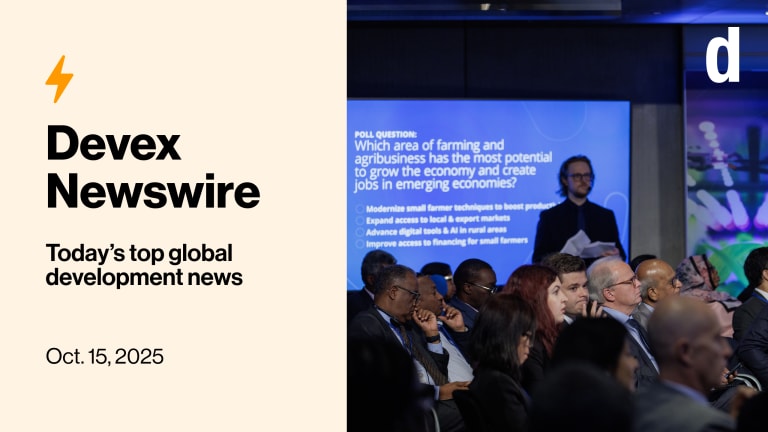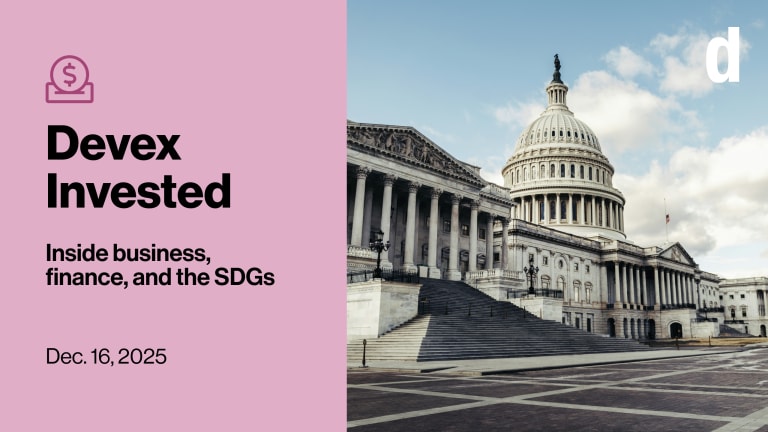The biggest country in Southeast Asia, Indonesia also has one of the largest and strongest economies in the region. Amid a lackluster performance by various developing nations, Indonesia’s economy remained strong in 2012, posting 6.2 percent growth year on year.
But Indonesia’s economy has slowed down this year. From an optimistic estimate of 6.2 percent growth for 2013, the World Bank downgraded projections to just 5.3 percent. While Indonesia’s economy was affected by external drivers, weak exports and a deceleration in foreign direct investments are the main factors contributing to lower economic forecasts.
The slowdown in Indonesia’s economy is exacerbating the challenges the country is currently facing in addressing its development challenges, including meeting Millennium Development Goals. The country is not expected to achieve targets on reducing maternal mortality and HIV and AIDS incidences, and ensuring environmental sustainability. And although Indonesia’s poverty indicators show marked improvement, more than half of its population continues to live on less than $2 a day.
This story is forDevex Promembers
Unlock this story now with a 15-day free trial of Devex Pro.
With a Devex Pro subscription you'll get access to deeper analysis and exclusive insights from our reporters and analysts.
Start my free trialRequest a group subscription







